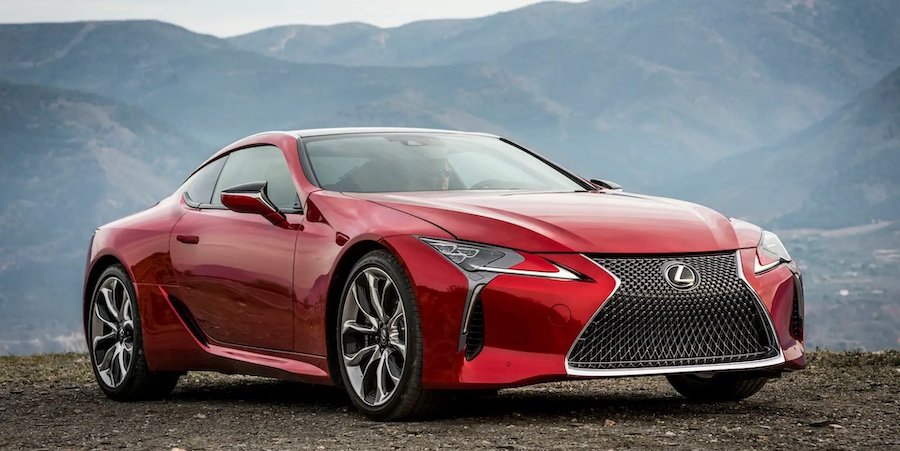Lexus Wants All of Its Cars to 'Taste' the Same

Lexus has been benchmarking rival vehicles from German brands since 2018. Engineers have discovered a lack of body rigidity in Lexus vehicles compared to its competitors, prompting more bracing to be added to the chassis of each model. Lexus officials want all of its cars to have "the same driving taste."
Lexus is the go-to luxury brand for those looking for a perfect mixture of longevity and comfort. But aside from a few select models like the LFA, the ISF, and the LC500, their cars don't exactly get hearts racing. The brand is aiming to change that starting now.
The Japanese Toyota sub-brand has been benchmarking cars from its German rivals since 2018, according to a report published Tuesday by Automotive News. What engineers found was Lexus cars were not able to match the Germans' body rigidity.
Development teams across the brand have since set out to add support bracing to the front, rear, and two middle sections of every model in the Lexus lineup, says Auto News, with plans to both improve performance and develop a signature Lexus driving identity.
"We are aiming for the same driving taste, no matter what Lexus model you are riding in," Toshinori Ito, project manager for Lexus' sensitivity performance development department, told Auto News.
Previously, Lexus had been focusing on adding rigidity only to the rears of its cars, before learning about how its rivals approached body assembly.
"We didn't fully understand the four body positions," Ito told Auto News. "We learned about it from studying the competition. When we realized it, we wanted to add it to all Lexus models."
Improvements have already been introduced into Lexus's manufacturing process. The fully electric RZ got extra front bracing when it started production in 2022, while the NX crossover got updates to the front end in 2023, and improvements to the rear in 2024. The company says this bracing has been trialed on every car in its lineup, including its ES sedan and its LM minivan, not sold in America.
"We confirmed it can be done across the entire lineup," Ito told Auto News.
Eventually, these changes will be fully implemented across the lineup, but it could take years, as some upgrades require more extensive changes to the chassis, and therefore the manufacturing process, than others. Still, this is all good news if you enjoy driving.
